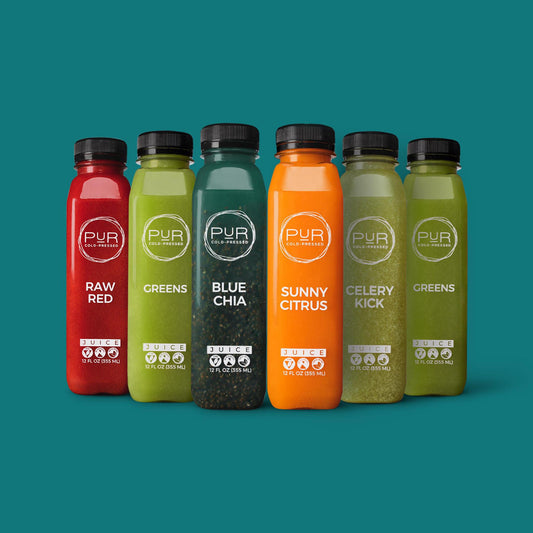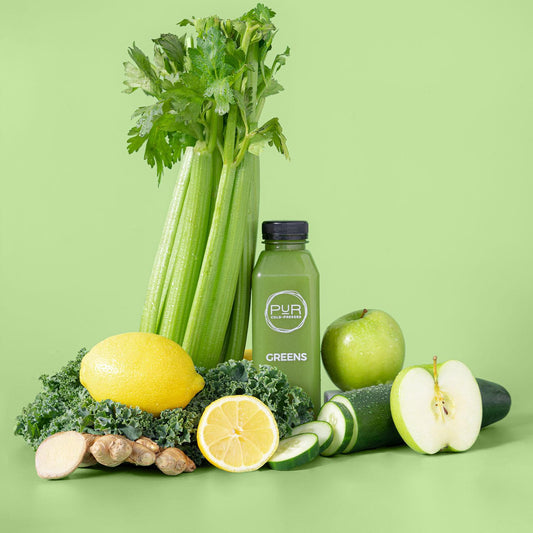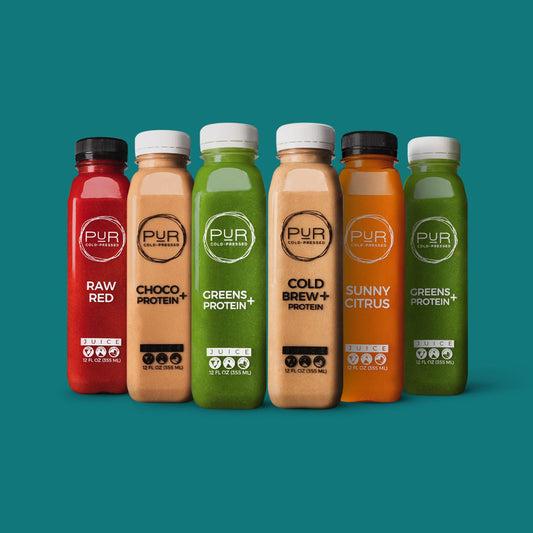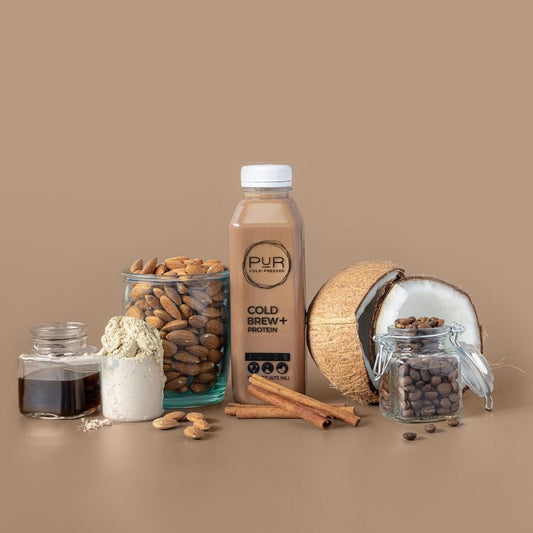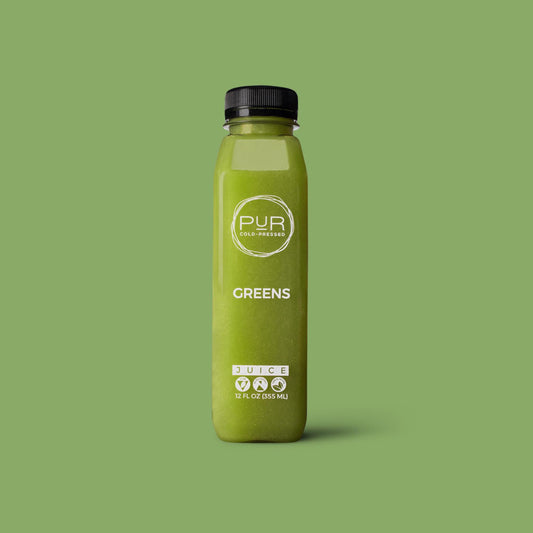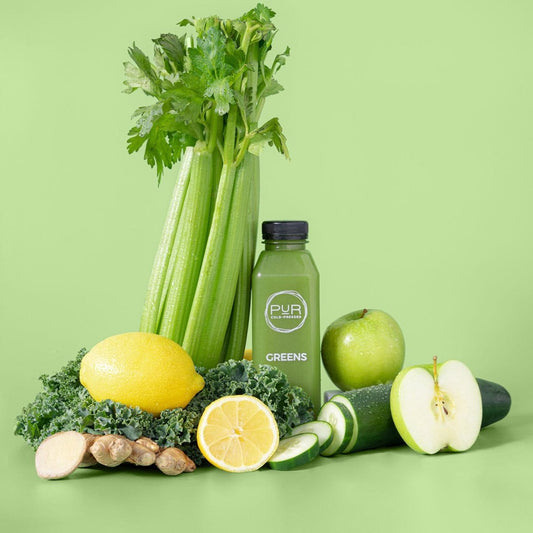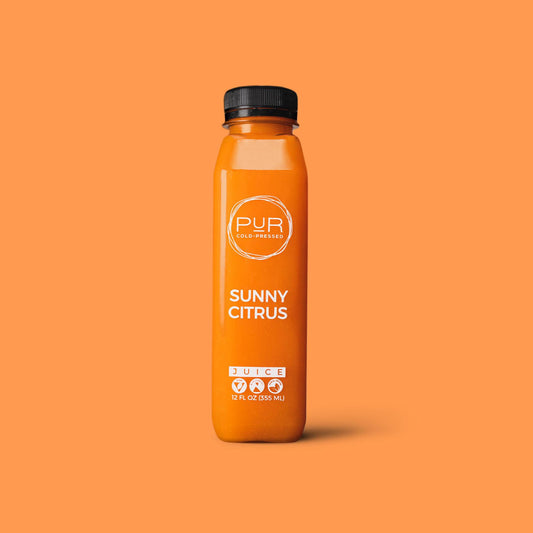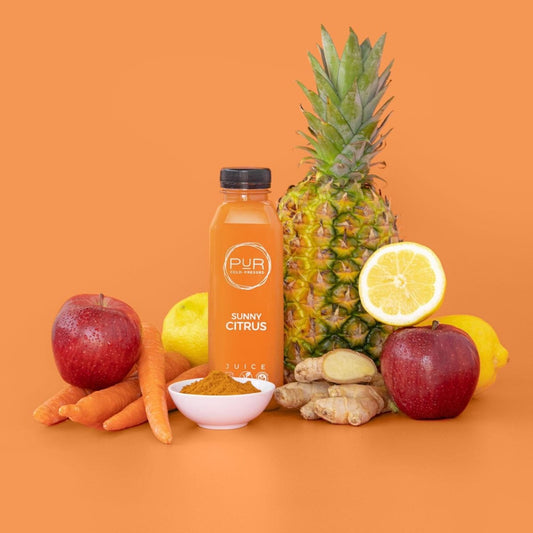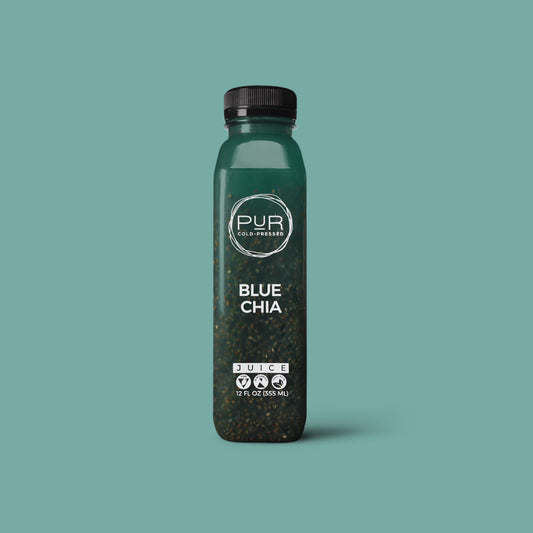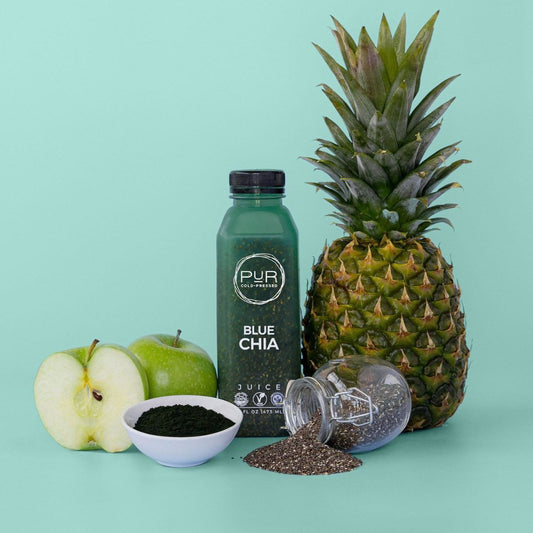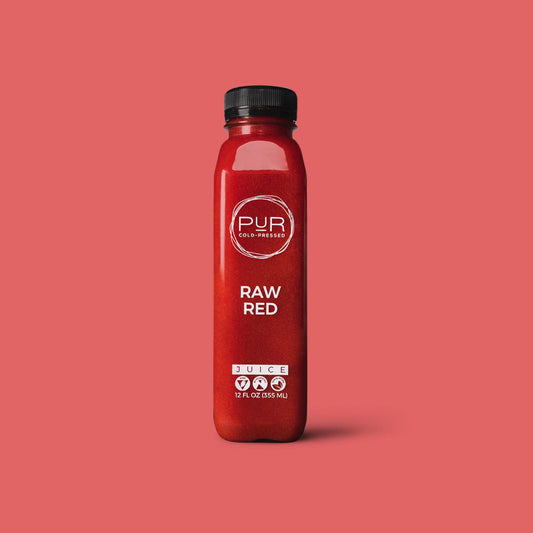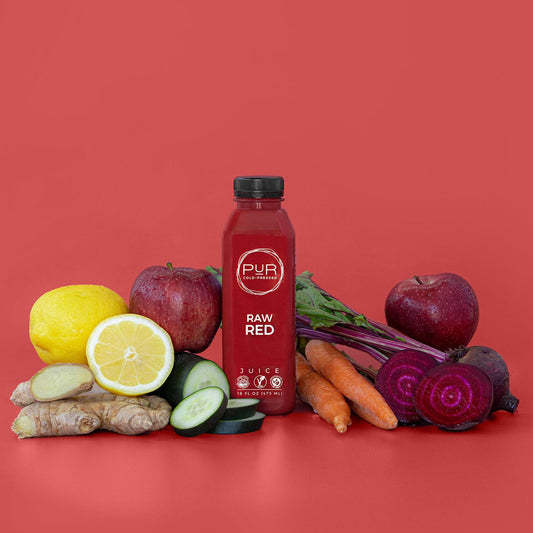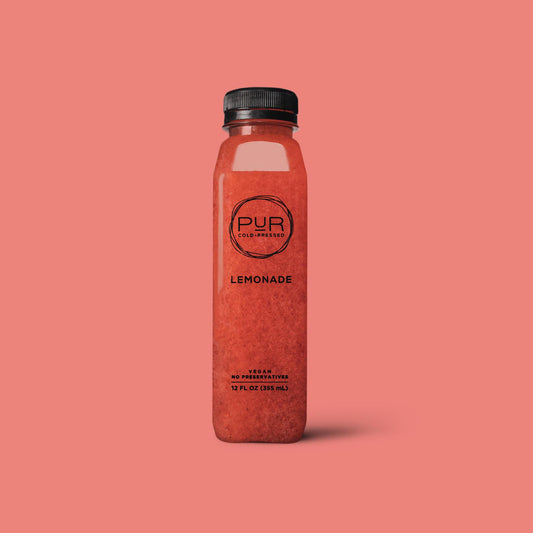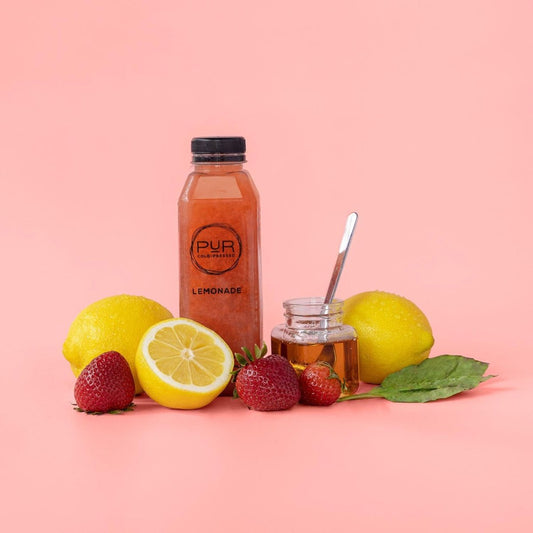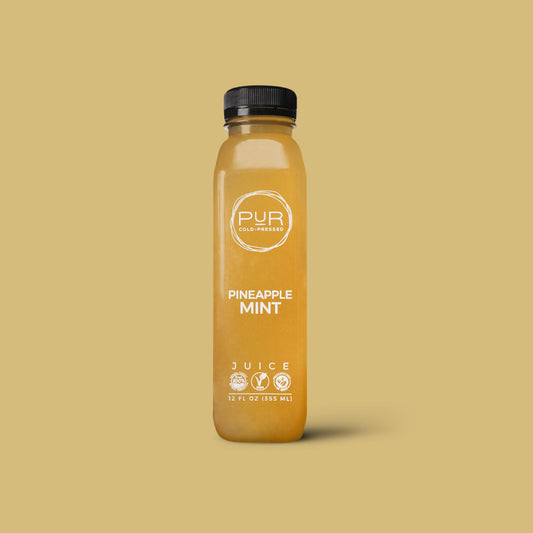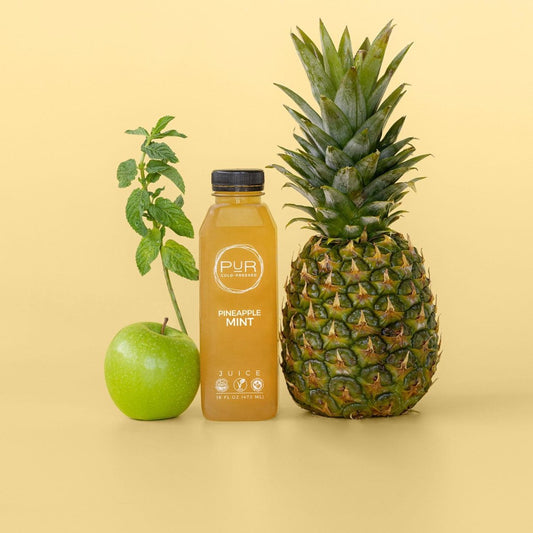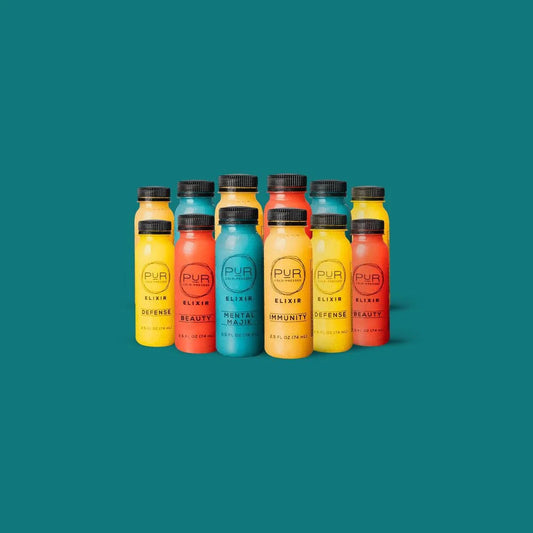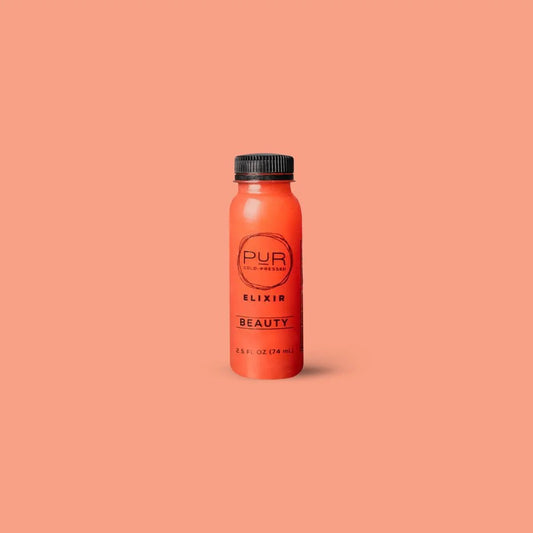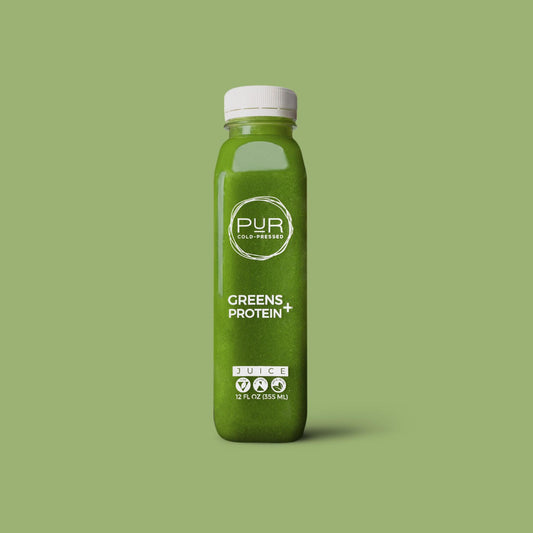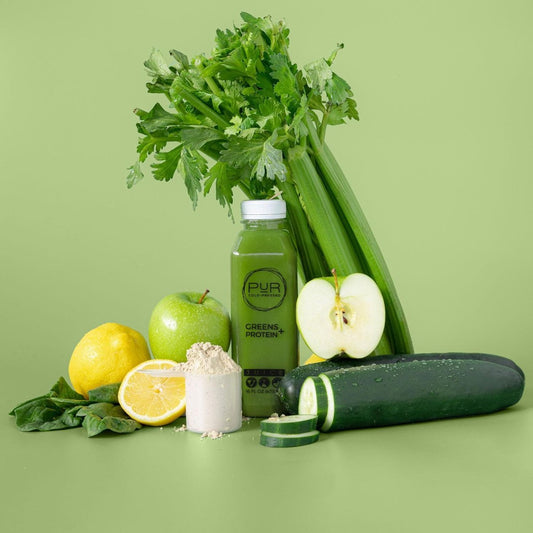-
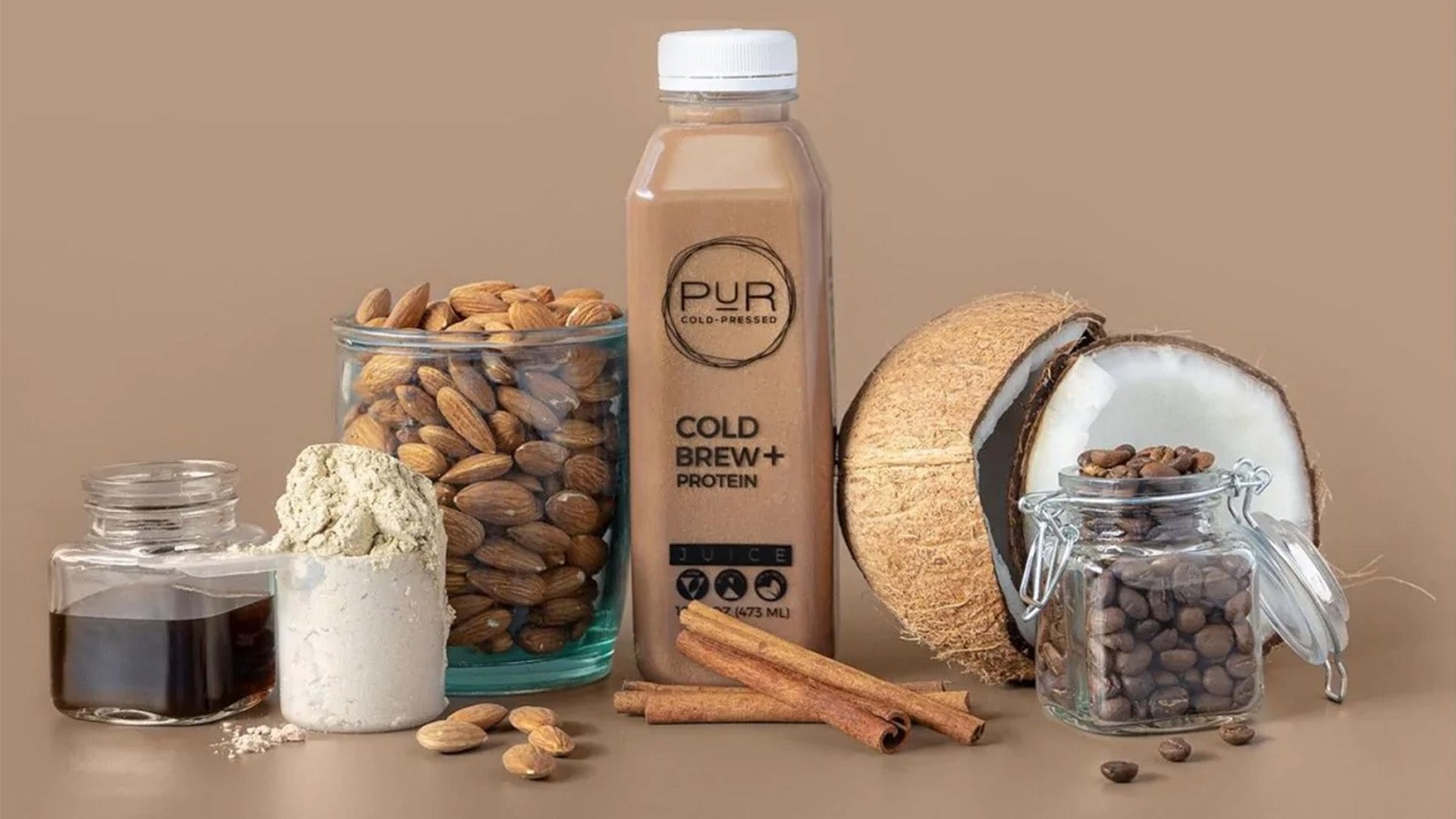
There’s something that’s just so refreshing about drinking a tall glass of juice.
Whether it’s a hefty dose of green juice – a wide range of fruits and veggies packed down into one delicious package – or a simple glass of orange juice or lemon with green tea, that fresh, restorative feeling we can get when we put down the last sip gives an added pleasure to an already enjoyable beverage.
It’s one thing for the juice to taste great, but to feel good after drinking it? That beats out soda or a high-caloric latte any day of the week!
The feel-good rush you get after a glass of green juice may be more than just the fulfilling sense that you’ve consumed a healthy drink. Anti-inflammatory drinks like juice can have a real impact on your overall well-being.
Juice Is Packed With Essential Nutrients
Think about how many oranges it takes to get one cup of orange juice, or even crazier, how many celery stalks you need for just one serving of celery juice. It’s three oranges and one whole bunch of celery, by the way.
With just one cup of juice, you’re packing loads of health benefits you get from all the fruits and veggies that go into making that one cup—juicing squeezes what could be an entire grocery store’s worth of fruits and veggies into a rich package, packing nutrients into every sip.
You may feel good after drinking cherry juice or a green smoothie because they possess more than the empty calories you get from soft drinks. Juice can give you some real nutritional value by gathering a whole range of anti-inflammatory foods into a single juice bottle.
What Is Inflammation?
You may have heard about the anti-inflammatory properties found in fruits and vegetables. Maybe you’ve heard the word “anti-inflammatory” thrown around casually. But what does it really mean?
Inflammation is one way our body protects itself. When factors like viruses and bacteria attack the body, our first line of defense is our white blood cells, which attack these threats to our health.
Inflammation describes this process as creating white blood cells to defend our body from infection to the battle between the white blood cells and potential threats.
You know this process well, as when your skin or flesh becomes red, swollen, and puffy, these are signs that your body is fighting off an infection.
What Are the Risks From Inflammation
So thank goodness for inflammation! Why then would we want to drink anti-inflammatory drinks? Why would we want to prevent our body from naturally protecting itself?
Unfortunately, inflammation can weaken our bodies and lead to increased health risks.
Additionally, certain types of arthritis result from inflammation, when our immune system is cross-wired and sends white blood cells to attack otherwise healthy parts of the body. For these reasons, including more anti-inflammatories into our diet may be a way to offset these risks.
Why Are Anti-Inflammatory Drinks Important?
Your immune system fires up over more than just viruses and bacteria. Those of us affected by the pollen season know all too well the struggles of dealing with those inflammation symptoms. All sorts of microbes or chemicals can set off our immune system.
Sometimes inflammation can keep going when there isn’t even anything for your immune system to fight, which has significantly increased our risk of developing various health conditions.
Dieticians and nutritionists have turned to the anti-inflammatory properties found in everyday whole foods. From blueberries to celery to cayenne pepper, juiced foods give your body the anti-inflammatory compounds you need to fight inflammation and maintain your ideal level of wellness.
Here are just a few anti-inflammatory drinks you can make at home or pick up from certified juicing pros like PUR Cold-Pressed.
Green juice
Green juice is one of those drink recipes that allows the juicer to make it their own. The actual recipe for this drink isn’t set in stone. The signature component of green juice is its green color, which usually comes from leafy greens.
There’s a reason green juice is among the more popular selections for juice enthusiasts. Green juices tend to be rich in anti-inflammatory compounds because it relies on leafy greens and veggies.
The refreshing green glow in our juice comes from a mixture of kale, cucumber, and celery, with apple, lemon juice, and ginger to round out the right flavorful balance. These green machines in our green juice, like celery, make our green juice a tasty anti-inflammatory drink.
Celery is loaded with antioxidants like flavonoids and vitamin c. These antioxidants help keep your body from breaking down from oxidative stress, where unstable molecules called free radicals build up in the body and begin to damage your cells.
Nutrients in celery may also help you keep your blood pressure down, and that’s not even getting started on the other ingredients we’ve got packed into PUR Greens. There’s a lot going on!
Blue Spirulina Drinks
To mix up the colors, let’s dive into what makes blue spirulina such a powerful anti-inflammatory.
Spirulina is a cyanobacteria, what you might know better as blue-green algae. It’s also a super popular supplement because it is packed with tons of nutrients, giving you solid helpings of B vitamins, iron, protein, and more.
Spirulina is also extremely nutrient-dense.
One prominent nutrient that makes spirulina so unique is phycocyanin. Phycocyanin is a strong antioxidant that could significantly prevent oxidative stress that may lead to chronic inflammation.
Turmeric-Infused Drinks
One ingredient that’s taking nutritional circles by storm is turmeric. You may have seen it used everywhere, from your food to turmeric tea or golden milk, and yes, in juice as well.
There’s a lot of hype behind the effects of turmeric. But for a good reason.
Turmeric has been used medicinally in India for centuries. That’s because it has a wealth of health benefits that we’re only just beginning to understand. Take curcumin, a compound found in turmeric that may be a real boost to our health.
It’s an interesting compound that has been shown to help reduce redness and swelling, especially when paired with black pepper, which has the strange effect of amplifying the potency of curcumin by up to 2000%.
Beet Juice-Infused Drinks
Beets on their own have tons of anti-inflammatory benefits. If you haven’t tried beet juice before then, you’re missing out. Not only does beet juice have a deliciously sweet, earthy flavor, but it’s got strong antioxidants that make it a highly underrated anti-inflammatory drink.
That distinctive deep red you find in beet juice signifies its potent antioxidant makeup. Betalains are strong antioxidants in beets that give them their rich red color and may help you reduce symptoms of redness and swelling.
Beets also have tons of nitrates, which may help fight inflammation by removing toxins in your blood.
Get More Inflammation-Fighting Nutrients Into Your Body
The best thing about juicing, as we said before, is how you’re packing the nutrients you need into a small package. Anti-inflammatory properties can be found in all sorts of foods. But they are so much easier to include in your diet when you consume them in juiced form.
There are so many fruits and veggies that can make your juice super healthy and taste great at the same time. Getting our daily value of fruits and veggies can be hard to do over the course of the day. But with juicing, you’re ensuring that you get all the nutrients your body needs, often with only a few bottles.At PUR Cold-Pressed, we believe juicing can be a super healthy addition to your anti-inflammatory diet. Juice can also be a potent addition that helps boost your wellness, especially when you’re on a weight loss journey or on any diet where your goal is to transform your health.
If you’re interested in the transformative potential juicing can provide you, check out our information about juice cleanses on our website.
Sources:
Anti Inflammatory and antihyperalgesic activity of C-phycocyanin | PubMed
Influence of piperine on the pharmacokinetics of curcumin in animals and human volunteers | PubMed
Efficacy and safety of curcumin in major depressive disorder: a randomized controlled trial | PubMed
A Review of the Antioxidant Activity of Celery (Apium graveolens L) | NIH
Blood Pressure Change After Celery Juice Ingestion in a Hypertensive Elderly Male - PMC
Antiinflammatory and antihyperalgesic activity of C-phycocyanin | NIH

